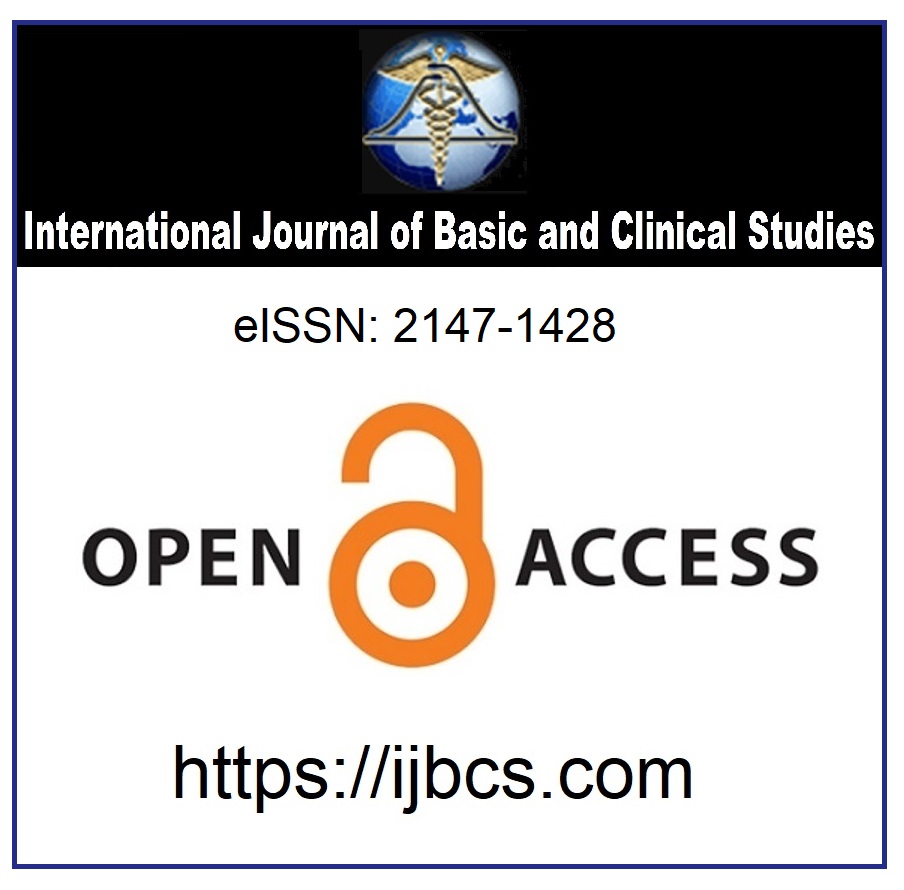Night Shift Work: A Risk for Cardiac Arrhythmias?
Keywords:
shift work, electrocardiogram, fragmented QRS, atrial conductionAbstract
Background: Shift work has been considered as a risk factor for many health problems including cardiovascular diseases. Although its association with coronary artery disease has been reported, the data about the relationship between shift work and cardiac arrhythmias is limited.
Aim: In this study, we aimed to evaluate whether night shift work is associated with changes in noninvasive electrocardiographic (QT dispersion, P dispersion and fragmented QRS morphology) and echocardiographic (atrial conduction times) predictors of atrial and ventricular arrhythmias.
Material and methods: The study included 32 night and 30 day shift workers. Echocardiographic and electrocardiographic measurements of both groups were compared.
Results: P dispersion, QT dispersion and inter-atrial conduction time was significantly increased and the ratio of presence of fragmented QRS morphology was significantly higher in night shift workers. Other metabolic and echocardiographic parameters were similar between groups.
Conclusion: Night shift work was found to be associated with significant cardiac electrical alterations such as increased P dispersion and QT dispersion, prolonged inter-atrial electromechanical delay and increased frequency of fQRS morphology. All these subclinical abnormalities may indicate an increased risk of atrial and ventricular arrhythmias in night shift workers.
Downloads
Published
How to Cite
Issue
Section
License
Copyright (c) 2019 by the Authors

This work is licensed under a Creative Commons Attribution 4.0 International License.



